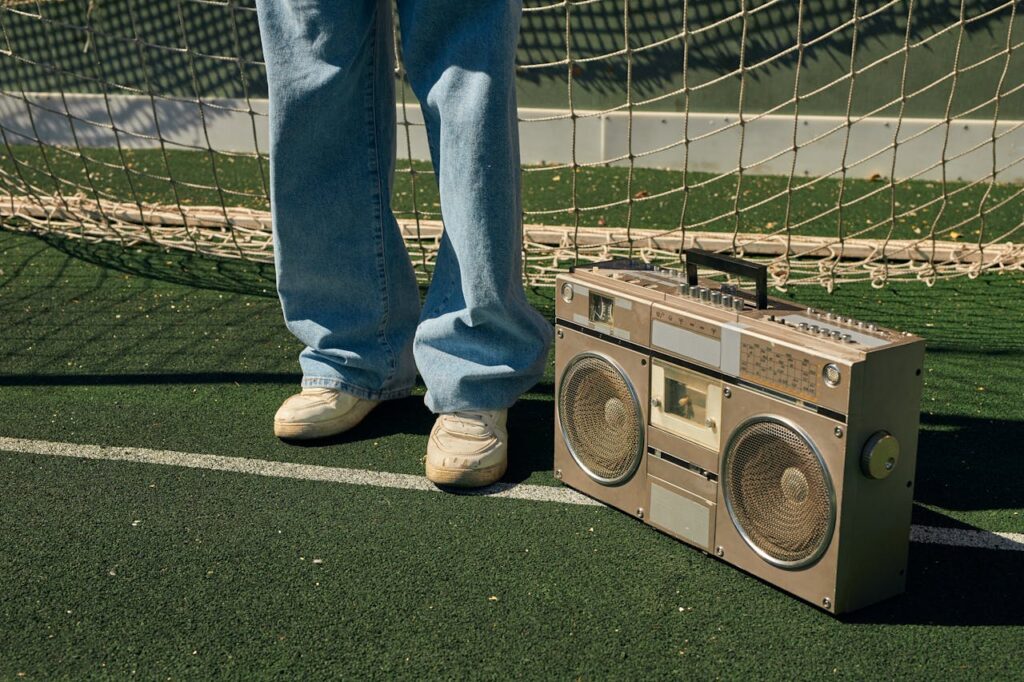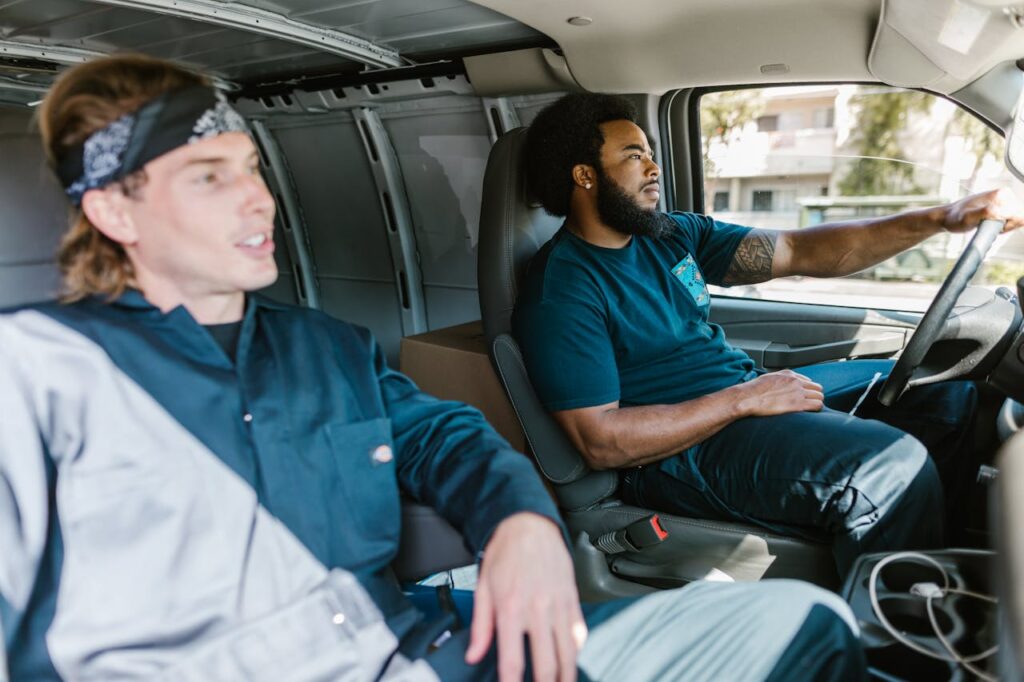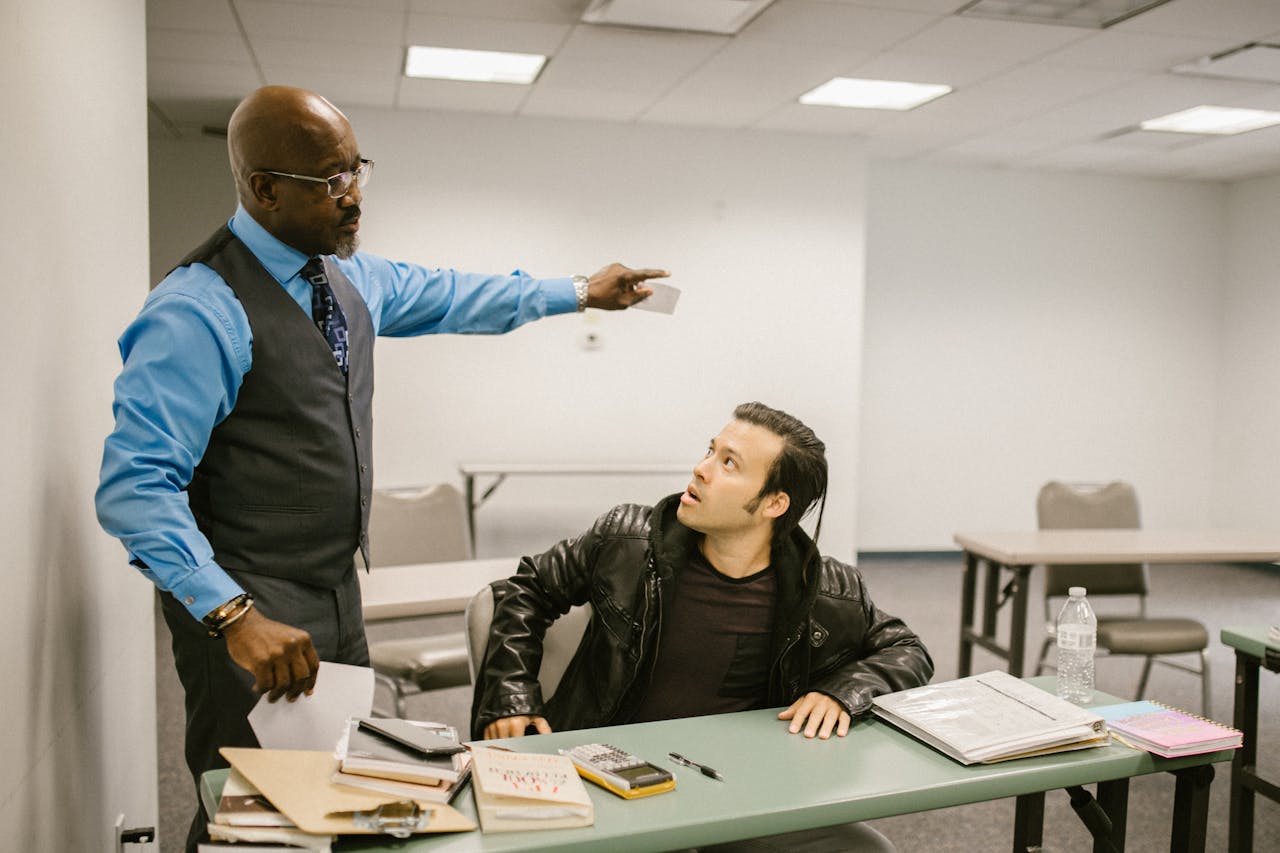The 1970s were a different time for teens in the U.S. Without social media, modern technology, or strict school policies, certain habits were just part of everyday life. However, these behaviors would get you in trouble today. Whether it was smoking in class, ditching school without consequences, or wearing unsafe clothing, the rules we follow now were shaped by many events from the ’70s. Let’s dive into nine habits from back then that teens today would get called out for and maybe even disciplined for.
1. Smoking in Class

In the ’70s, it wasn’t unusual to see teens puffing away during lunch or even in school hallways. Many schools had designated smoking areas for students, and even teachers turned a blind eye to it. However, today, smoking is banned on all school grounds in the U.S. The harmful effects of smoking, along with the dangers of secondhand smoke, led to strict regulations in the 1990s and beyond. Today, smoking on school property would result in immediate suspension or worse, depending on the school’s rules.
2. Ditching School Without Major Consequences

Skipping class was a normal part of teenage rebellion in the ’70s. In some cases, teens could sneak out and no one would even notice. Now, ditching school can result in truancy charges in many states, and schools are quick to report missing students. With increased awareness about the importance of education, skipping school isn’t taken lightly anymore. Modern systems like school attendance tracking, phone calls to parents, and school resource officers make cutting class a lot harder to pull off.
3. Wearing Unsafe or Unregulated Fashion

In the ’70s, teens often wore clothing that was not necessarily safe, but it was in style. This included things like bell-bottom jeans with long cuffs dragging on the floor, or platform shoes that could easily cause accidents. Today, most schools have dress codes, and some even regulate specific shoes for safety reasons. For instance, platform shoes or high heels are typically banned for physical education classes, and any clothing deemed inappropriate or hazardous to a student’s safety could lead to a dress code violation.
4. Listening to Music Without Headphones

In the ’70s, it was common for teens to carry around radios or portable cassette players and play music wherever they went. Many teens blasted music loudly in public places, and in some cases, even in class. Today, this behavior would likely be disruptive in school or public spaces. Noise ordinances and expectations of quiet or respectful environments in public places would get a teenager in trouble. Headphones and earphones have become the norm for personal music, but blasting tunes from a speaker would still earn you a few stares or worse, a fine.
5. Hitchhiking Without Worry

In the ’70s, hitchhiking was a popular way to get around, and many teens would wait on the side of the road for a ride from a stranger. While hitchhiking may seem like a harmless way to travel, it would raise many red flags today due to safety concerns. Teens hitchhiking now could face legal consequences, as many states have laws against hitchhiking on highways. In addition, the safety risks associated with accepting rides from strangers have made this practice largely unacceptable.
6. Drinking in Public Places

The legal drinking age was often lower in the ’70s, and teens were known to sneak into bars or drink at parties without much fear of getting caught. Nowadays, not only are there stricter age limits, but underage drinking laws are enforced with fines and legal consequences. Teens caught drinking underage could face criminal charges, community service, or even jail time, depending on the state and circumstances. Schools can also impose disciplinary actions, such as suspension or expulsion.
7. Driving Without a Seatbelt

Seatbelt laws were not as strict in the ’70s, and many teens drove without them, as they weren’t a requirement for safety. Today, wearing a seatbelt is mandatory in all 50 states, and failure to comply can result in fines or even a traffic ticket. Teens caught without seatbelts may face consequences such as paying a fine, or worse, if involved in an accident. Driving safety has improved, and wearing seatbelts has been shown to reduce injuries and fatalities significantly.
8. Disrespecting Authority Figures

In the ’70s, teens often showed defiance toward authority figures, including teachers, parents, and even law enforcement. While a bit of rebellion was often seen as part of growing up, today’s schools and communities are more focused on respect for authority. Disrespecting teachers or other figures of authority in today’s classrooms could result in detentions, suspensions, or other disciplinary actions. Modern schools have clear codes of conduct, and teens are expected to maintain a level of respect for both their peers and adults.
9. Reckless Driving and Street Racing

In the ’70s, street racing became a popular pastime for many teens, especially on empty roads or highways. Fast cars, little regulation, and a sense of freedom made it common for teens to show off their driving skills. Today, reckless driving and street racing are heavily regulated, with strict laws and hefty fines for those caught racing. Teens involved in these activities can face serious legal consequences, including license suspension, hefty fines, or even jail time. Public safety has taken precedence, and reckless driving is treated much more seriously than it once was.


